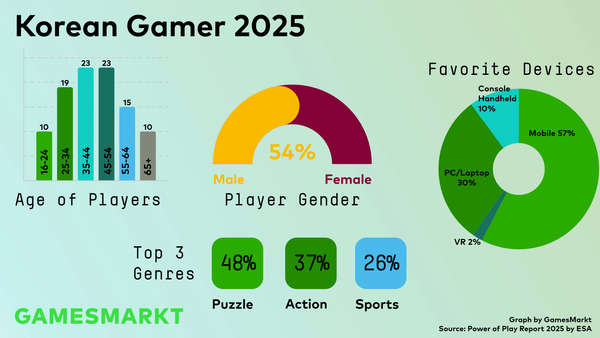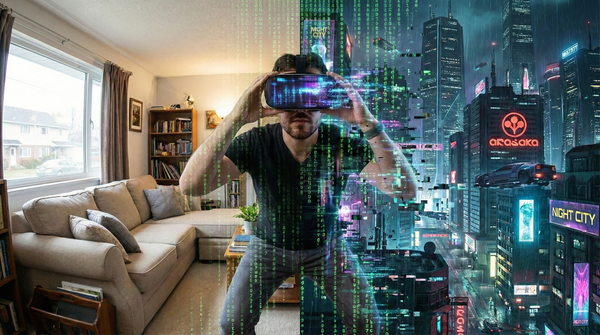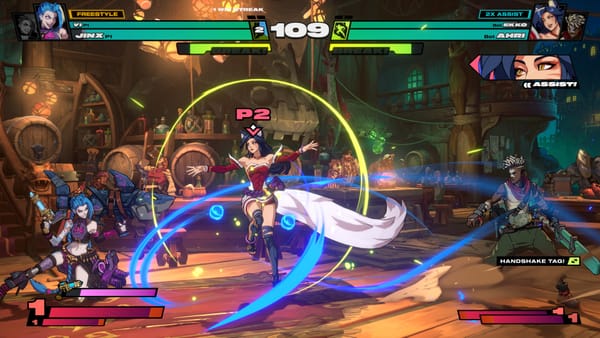Power of Play: South Korea
As part of the Power of Play survey, industry associations also took a close look at the participating countries. GamesMarkt summarizes the results. This time: South Korea.


As part of the Power of Play survey, industry associations also took a close look at the participating countries. GamesMarkt summarizes the results. This time: South Korea.


What makes gamers around the world tick, and how do they differ from country to country? These questions and many more are addressed in the Power of Play study, which was conducted and published by industry associations. In addition to global evaluations, the report also compiles the most important answers to essential questions at the level of the 21 countries that participated.
In South Korea, AudienceNet surveyed a total of 1,005 people aged 16 and older. Although the demographic data differs significantly from that of Germany, for example, Korean and German players have a lot in common. They express similar reservations when it comes to the question of whether games are a tool for mental resilience.
Video Games...
When asked to what extent gaming has a positive influence on their professional life, education, and private life, Korean gamers respond cautiously, as do German gamers, albeit not quite as clearly. 32% of Koreans surveyed agreed with the statement "Influenced my career and/or educational path in a positive way." Globally, the figure is 43%. The statement "Allows me to continue or pursue a hobby or interest that I wouldn't otherwise be able to do" was agreed with by 49% of Koreans surveyed, but by 64% of gamers surveyed worldwide.
Other statements from Korean gamers concern the connection that games create between people. 65% of gamers surveyed in South Korea play online with others at least once a month. 37% even play in-person with others at least once during the same period. 53% use in-game communications. Interesting: 51 percent of parents say that playing video games has positively impacted their relationship with their kids. Korean and German gamers differ significantly in this regard.
However, when it comes to the question of whether gaming skills have improved, Koreans are just as skeptical as Germans, as the support for the following statements shows.
Players agree that video games can improve…








